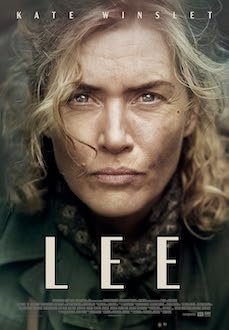Direction: David Cronenberg
Country: USA
David Cronenberg wrote The Shrouds in response to the death of his wife in 2017. Despite this deeply personal origin, the film’s uninspired delirium begins with a promisingly tense atmosphere only to unravel into something muddled and ultimately hollow. The Canadian filmmaker returns to his signature obsessions—mutilation fused with macabre romanticism, fixation on death and the body, espionage, and futuristic technology. eXistenZ (1999) and Crash (1996) naturally come to mind, yet this time the concoction feels undercooked, lacking soul, coherence, and genuine emotional weight.
The plot follows an inconsolable corpse voyeur (Vincent Cassel, in his third collaboration with Cronenberg) who harbors a disturbing fascination with his late wife’s body and cemeteries. However, the story quickly gets bogged down in contrived, exhausting dialogue and stilted staging. Delivered at a glacial pace, the bland narrative nearly lulled me to sleep. Adding to the confusion is the film’s tech subplot, clouded by mysterious hackers and vague conspiracy theories involving Chinese and Russian corporations.
Whatever suspense the film tries to build evaporates almost instantly. What a futile and misguided movie this is! - certainly one of Cronenberg’s biggest flops to date. At 82, one has to wonder if Cronenberg has lost his touch—both in direction and in his ability to truly engage the viewer, as mortuary enigma mutates into incoherent drivel.








































